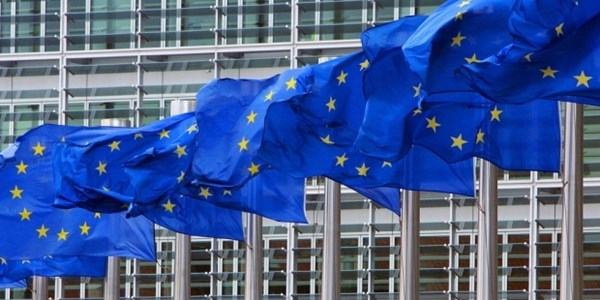EU Council approves 1 billion euros of macro-financial assistance for Ukraine
The Permanent Representatives Committee of the EU countries (COREPER), on behalf of the EU Council, approved an allocation of the fourth program of micro-financial assistance of one billion euro for Ukraine, as reported on the website of the EU Council.
"On May 29, 2018, EU ambassadors endorsed, on behalf of the Council, an agreement with the European Parliament on a new package of macro-financial assistance for Ukraine. A further €1 billion in loans will cover Ukraine’s financing needs over a period of two and a half years,” the statement reads.
The loan will support economic stabilization and a program of structural reforms, supplementing resources provided by the IMF and other donors. The IMF has identified a $4.5 billion financing gap for 2018 and 2019, going over and above funding committed so far by the international community.
An allocation of macro-financial assistance will be linked to the progress in the fight against corruption, particularly the establishment of the Anti-Corruption Court, and implementation of the IMF program. The EU also urged Ukraine to respect democratic mechanisms, the rule of law and human rights. There are also several conditions regarding Ukraine’s economical and financial policy.
All these conditions will be specified in the Memorandum of Understanding between Ukraine and the European Council. Now, the decision should be adopted by the EU Council and European Parliament without further discussion. It was already reported that the new program envisages an allocation of two tranches to Ukraine of 500 million euro each.
As part of the first two programs of macro-financial assistances, the European commission provided Ukraine with 1.61 billion euro in 2014 to 2015. The third program started with the 600-million-euro tranche in the summer of 2015. The second tranche of the same amount of money was allocated in the spring of 2017, and the third one was not received because of the inability of authorities to meet EU requirements.
